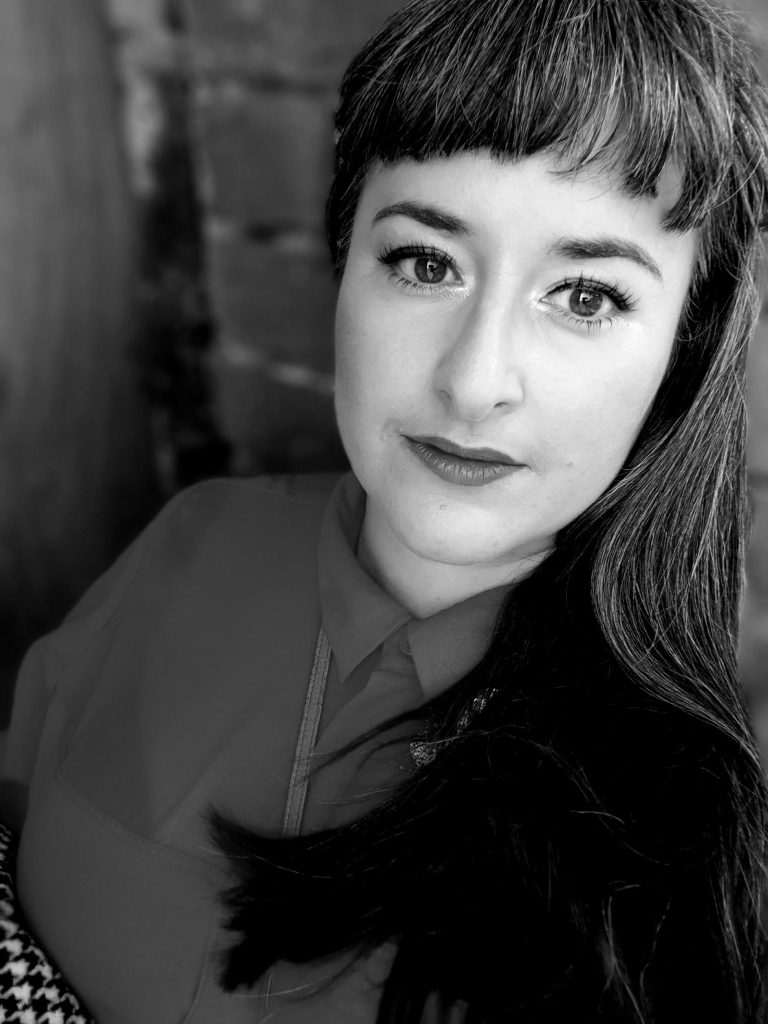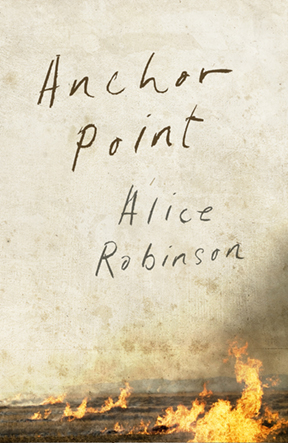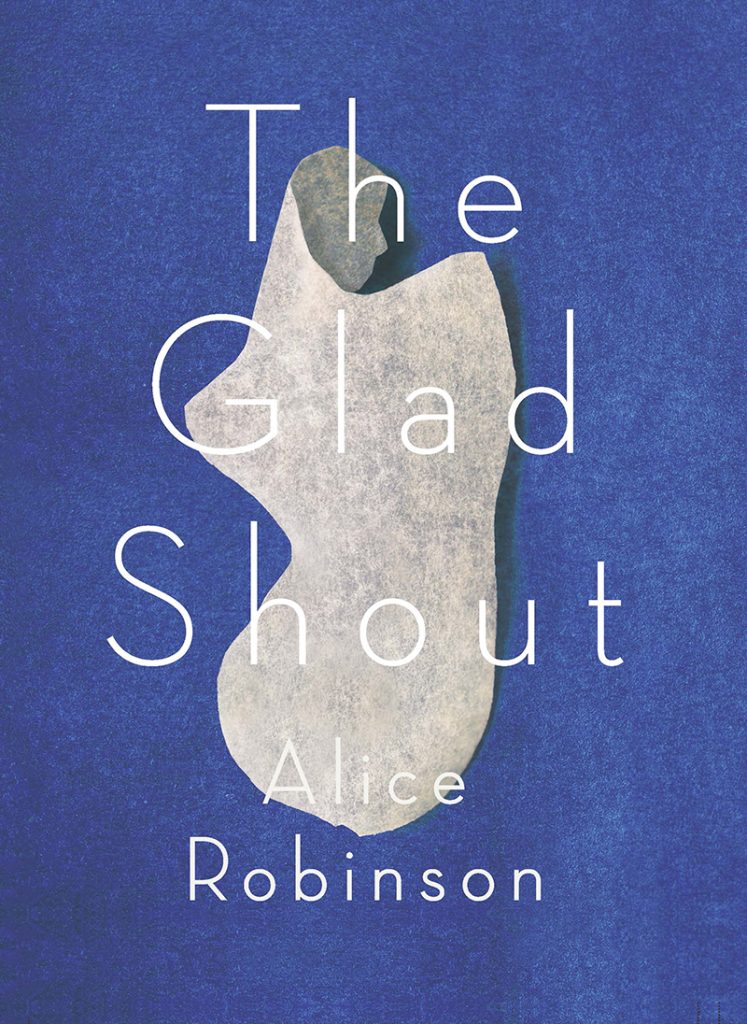I’ve been hanging around in the Australian literary world for quite a while – at least since 2015, when my first book came out. In that time, I’ve published two novels and have two more forthcoming with Affirm Press. I’ve been asked to teach workshops and appear on panels, speak at festivals and on radio. I’ve had a wonderful time doing all of this, because becoming “a writer” has been the driving ambition of my adult life.
Things seem to have worked out more or less, so it’s easy to tell the story as though that trajectory was inevitable from the start. But in fact, it took me a long time to even think, let alone vocalise, my desire to be a writer. Before I harboured that seemingly impossible dream, I had wanted to become an actor, an ambition met with resounding anxiety by the adults in my orbit as I neared the end of high school. Acting was difficult, was the message. So few people made it. The implication was that I would not be one of the chosen few. Actors made no money. A person needed a backup job to survive in this world. Backup job was code for career – ideally a route to employment as far from acting as one could get. At eighteen, I absorbed these messages. I lacked the evidence or experience to refute them, so was swept along into university where I remained as a lecturer, nurturing the belief that forging a career in the arts was as unlikely to occur as a miracle.

But of course, I was writing all the time – even during the acting phase. What I was really was a reader, and had been since childhood, that long apprenticeship for fiction writing. Some readers stay readers, but others develop a desire to speak as well as listen and reflect, and I was in that camp. Eventually I had written a novel, the potential publication of which I treated with mild ambivalence, given the assumptions outlined above. I had come to understand that the only thing I could control was my writing practice. I didn’t really dare to hope or even imagine that the public might read my work.
The novel was finished as I prepared to give birth to my first child. I thought that perhaps I would just devote myself to motherhood now – a fine ambition, and one whose physical realities were as concrete as dreams of publication were speculative. That a baby was coming was the more certain proposition. But a writer friend I’ll always be grateful to urged me to send the manuscript out. In fact, she hassled me in a way that at the time made me feel slightly abashed for harbouring domestic dreams of cloth nappies and lullabies.
Some months before, an editor from Affirm Press had come to deliver a guest lecture to the writing students I was teaching. During the talk, she mentioned the publisher’s interest in debut authors and Australian stories. I met the editor briefly after the talk, and this furnished me the confidence to email three chapters from my novel to Affirm. That human element – the idea that I was sending my manuscript to a real person, and not just dropping it into the vast impersonal machinery of the literary industry – made the process feel slightly less unlikely. If I can impart any advice to emerging writers on the basis of my own floundering, it would be to go to things and meet people. But still, I had no expectation of success, and I didn’t send my work out to anyone else. My baby arrived safe and healthy soon after, sleep became illusive, and my hands were full. That editor never even ended up reading the manuscript. But thankfully, someone else did.
I sent my book to Affirm at the end of the year, and the publishing director Martin Hughes cleaned out the slush pile before Christmas. He took a couple of manuscripts away with him on holidays, including mine, and read them by a pool. (I made up the bit about the pool). In January, he rang me to say that he wanted to publish my novel. You can imagine my joy and disbelief. I howled. The second takeaway here is about timing, and the third is about having a champion. Timing is an element – like fate – that no one can easily control, but I think that the detail about the summer holidays is important in this story. Not many books get published out of the slush pile in Australia. This will be partially to do with the quality of the work that gets submitted to slush piles, and partially with the fact that publishers and editors are, like writers, overworked and underpaid and so prefer to focus their energy on reading submissions from agents. So the fact that Martin read my book while relaxing on holidays is likely significant. The subjective element – the fact that he liked what he read – is also impossible to control, but necessary. For those reading at home with impossible dreams of your own, remember that to be considered for publication you don’t need lots of people to like and admire your work. You only need one.
Recently, after the publication of my second novel, I gave a lot of thought to whether seeking agent representation would be the savvier move for someone at my stage of the game. Agents are skilled at negotiating larger advances, and international publication. But these outcomes would be speculative until they occurred – and they might never occur. At this juncture, the thing I really wanted was to be able to keep writing and publishing the books that interest me, and in Martin I already had a champion who could help make this happen.
So, I became my own agent, negotiating with Affirm for contracts for the next two novels. This sounds like a fancy manoeuvre, but it just entailed asking for what I wanted: two books, at a price that seemed fair to me (I won’t be quitting my day job, for the record). I am not a particularly assertive or business-minded person. But not long before this, I had become a single parent. The pressures of this reality meant I had learned to step up in all sorts of ways, particularly in relation to anything remotely financial. I had also just gone through the process of buying a flat off market, which had given me a lot of new confidence around ‘adulting’: managing negotiations and contracts, making huge decisions. This stood me in good stead. The book contracts would allow me to toil away quietly, safe in the knowledge that my work would find readers when I was done. I suspect that this is an uncommon author-publisher relationship, founded on mutual trust and longevity, and it is one that I wish was available to more writers. Perhaps it is available, but we won’t know until we ask.
Alice Robinson is the author of two novels, with two more under contract, all with Affirm Press. Her debut novel, Anchor Point (2015), was longlisted for the Stella Prize and the Indie Book Awards. The Glad Shout (2019) was shortlisted for an Aurealis Award and The Colin Roderick Literary Award and won the Readings Prize for New Australian Fiction. Alice earned a PhD in Creative Writing at Victoria University in 2012, where she was awarded the Vice Chancellor’s Peak Award for Research.


I like the idea of becoming your own agent. Not an easy role to step into, and one that could only be undertaken once you have some works published (or at least some runs on the board). A little bit of negotiating skills and industry savvy should not be hard to acquire. As you rightly noted, it is important to “go to things and meet people”.
thank you
I love this piece, Alice. I identify with so much of it.
I remember when I finished my first memoir, ‘Pumpkin,’ a friends’ mother, who was a published writer, read a draft I’d had printed by Office works because I was afraid, at the time because of illness, that if something happened to me my daughter wouldn’t know what to do with her mother’s one metre high pile of drafts.
Thankfully, I’m still here and kept working on the memoir, knowing I had respectable hard copies on hand to be given to children and grandchildren should there be the need.
My friend’s mother kept harassing her about my work and kept asking if I’d sent it to a published. I knew nothing about publishers. She’d suggested a couple because she believed it was publishable so I sent it away after they said they’d be interested in looking at it.
When it was accepted I, too, howled. It was published in 2019 and has been one of my more exciting achievements because like you I’d been through the crucible of being a single parent; had always been a reader, researcher, teacher and always kept journals because of my sheer love of words and writing practice; a form of meditation and contemplation.
When younger it was possible to go to writing events and mingle, these days that’s not possible, but I just wanted to say that Zooms have become my ‘events’ and a means of mixing with writers and they’re great.
I’ve almost finished my second memoir but don’t have youth on my side which, for agents, is necessary for future book deals being their livelihood.
So, I’m hoping that with this latest memoir there’s that one person out in the publishing industry who’ll believe in it, like they did with you and with my ‘Pumpkin.’
I wish you all the best and look forward to reading ‘A Glad Shout’; great title.
Post script – My second memoir, The Steering Wheel, was published 8 April 2025 by Ginninderra Press, my former publisher. It’s also an e-book and, at the moment, is being made into an audio book. I’m so excited. Being my own agent worked.
Huge congratulations, Caroline!!! Ginninderra is a great publisher.
Thank you, Lee.